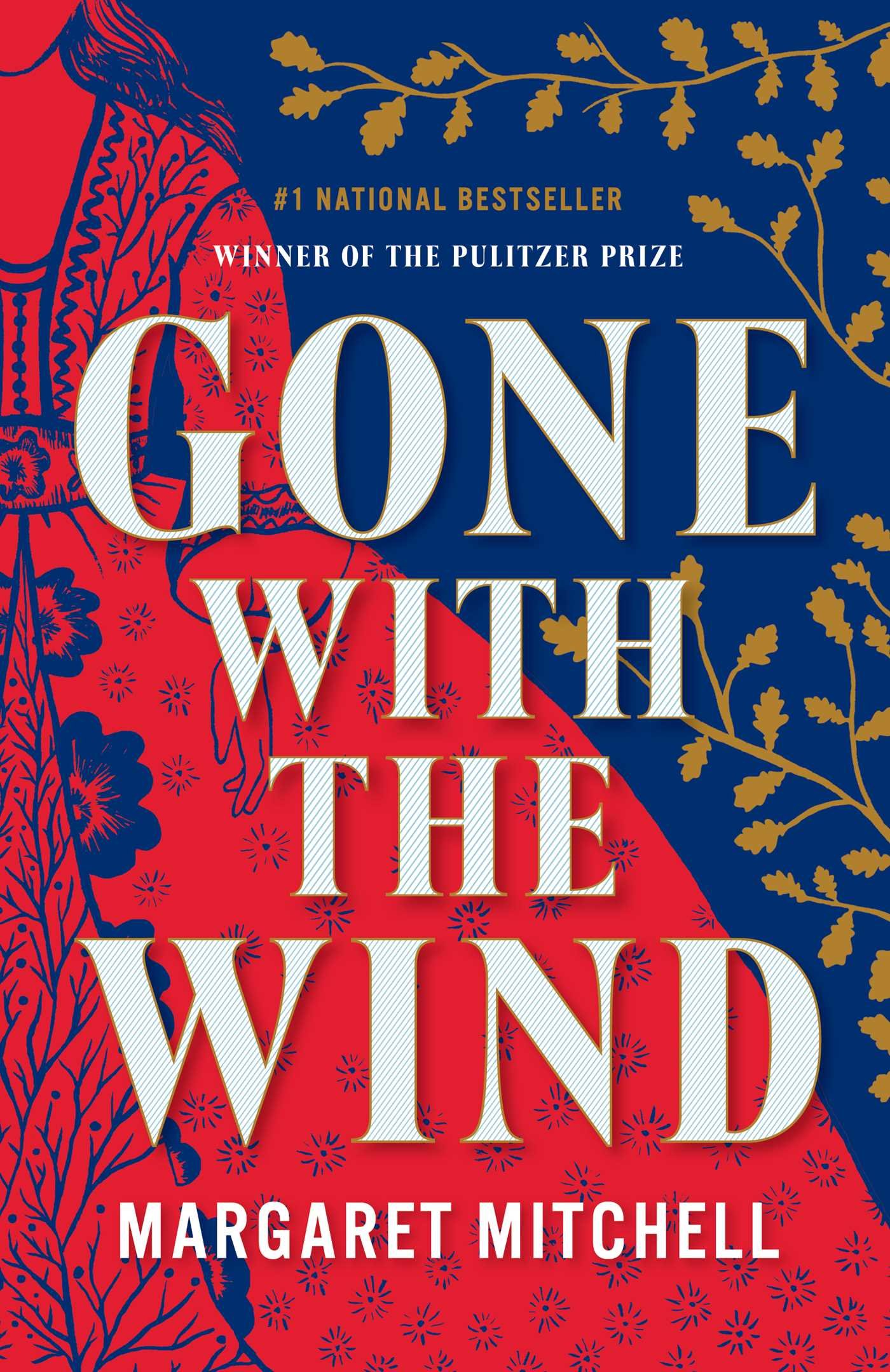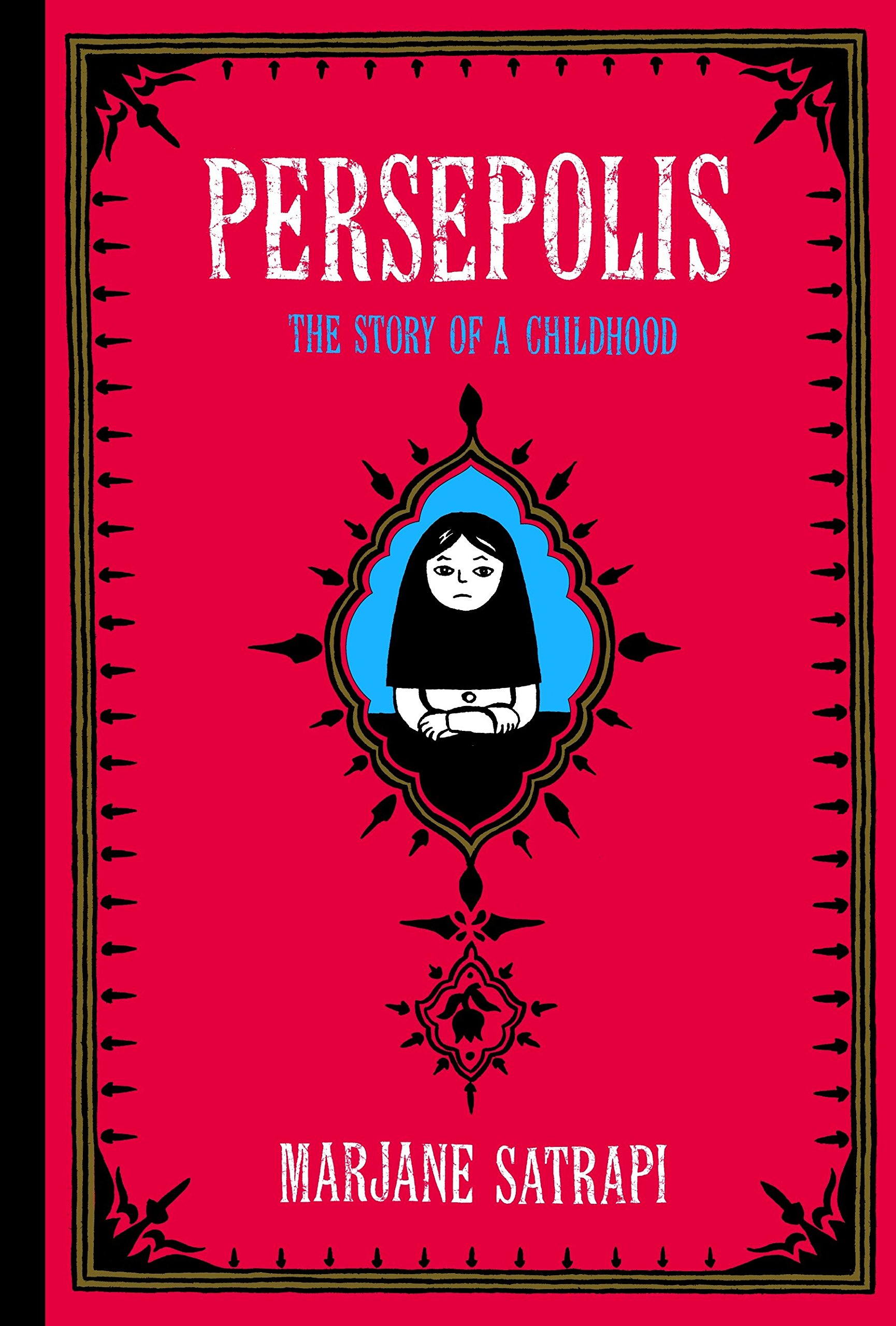
Hamnet
Maggie O'Farrell
Anyone, Eliza is thinking, who describes dying as ‘slipping away’ or ‘peaceful’ has never witnessed it happen. Death is violent, death is a struggle. The body clings to life, as ivy to a wall, and will not easily let go, will not surrender its grip without a fight.
Every life has its kernel, its hub, its epicentre, from which everything flows out, to which everything returns.
time runs only one way.
A New York Times Notable Book (2020) Best Book of 2020: Guardian, Financial Times, Literary Hub, and NPR Drawing on Maggie O'Farrell's long-term fascination with the little-known story behind Shakespeare's most enigmatic play, HAMNET is a luminous portrait of a marriage, at its heart the loss of a beloved child. Warwickshire in the 1580s. Agnes is a woman as feared as she is sought after for her unusual gifts. She settles with her husband in Henley street, Stratford, and has three children: a daughter, Susanna, and then twins, Hamnet and Judith. The boy, Hamnet, dies in 1596, aged eleven. Four years or so later, the husband writes a play called Hamlet. Award-winning author Maggie O'Farrell's new novel breathes full-blooded life into the story of a loss usually consigned to literary footnotes, and provides an unforgettable vindication of Agnes, a woman intriguingly absent from history.
Advertisement
More Interesting Books

Between the World and Me

Punk 57

Four Thousand Weeks: Time Management for Mortals

Gone with the Wind

Losing My Virginity

The Boy, the Mole, the Fox and the Horse

Persepolis

Breathe: A Life in Flow

People We Meet on Vacation

The Count of Monte Cristo
Advertisement










